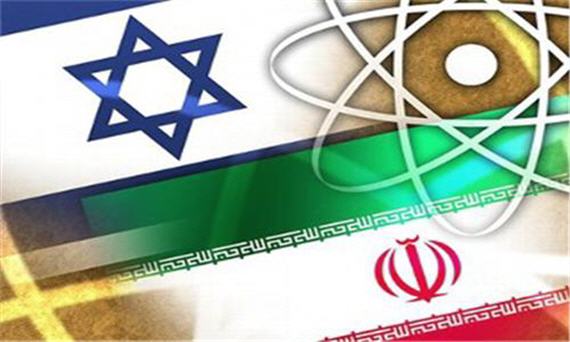
Lieutenant General Benny Gantz, the head of Israel’s military, says that Iran’s leaders have not yet decided to develop nuclear weapons and that they may well never take that step.
Gantz remarks, made in an interview with Haaretz, have caused quite a stir. Earlier this morning, BBC pushed out a piece headlined “Iran not building nuclear bomb, Israeli army chief says.” (Shortly after I tweeted “Not quite what he says,” they changed it to the less provocative but still newsworthy “Iran undecided on nuclear bomb – Israel military chief.”) Christian Science Monitor filed their story under the headline “Israeli army chief says he doubts Iran will build a nuclear weapon.”
The Israeli Chief of Staff was bold enough on his own. He started with a premise on which all agree: “If Iran goes nuclear it will have negative dimensions for the world, for the region, for the freedom of action Iran will permit itself.”
But he tried to frame the situation as one with a range of possibilities, rather than a march to war.
On the extreme end, a nuclear Iran has implications “against us, via the force Iran will project toward its clients: Hezbollah in Lebanon, Islamic Jihad in Gaza. And there’s also the potential for an existential threat. If they have a bomb, we are the only country in the world that someone calls for its destruction and also builds devices with which to bomb us.”
But, Gantz cautioned, “despair not. We are a temperate state. The State of Israel is the strongest in the region and will remain so. Decisions can and must be made carefully, out of historic responsibility but without hysteria,” Gantz said.
Likewise, Iran, too, is a rational actor. While Iran “is going step by step to the place where it will be able to decide whether to manufacture a nuclear bomb,” Gantz believes, “It hasn’t yet decided whether to go the extra mile.”
Why not?
Because “the program is too vulnerable, in Iran’s view. If the supreme religious leader Ayatollah Ali Khamenei wants, he will advance it to the acquisition of a nuclear bomb, but the decision must first be taken. It will happen if Khamenei judges that he is invulnerable to a response. I believe he would be making an enormous mistake, and I don’t think he will want to go the extra mile. I think the Iranian leadership is composed of very rational people. But I agree that such a capability, in the hands of Islamic fundamentalists who at particular moments could make different calculations, is dangerous.”
“Clearly, the more the Iranians progress the worse the situation is. This is a critical year, but not necessarily ‘go, no-go.’ The problem doesn’t necessarily stop on December 31, 2012. We’re in a period when something must happen: Either Iran takes its nuclear program to a civilian footing only or the world, perhaps we too, will have to do something. We’re closer to the end of the discussions than the middle.”
This is an amazingly candid and unconventional analysis from an unlikely source. While Gantz isn’t Israel’s intelligence chief, one presumes that he’s fully briefed on the state of Israel’s analysis of this situation.
I don’t see him as dismissing the chances of a nuclear-armed Iran. Far from it. Rather, he’s saying that Israel and other interested parties have the ability to do harm to Iran and its nuclear ambitions before it crosses the Rubicon, that Iran’s leaders fully understand that, and that subsequent steps will be made with that reality in mind.
Nor, incidentally, is Gantz carrying out his duties as if an Iranian nuke is some far off fiction.
“I also expect that someone is building operational tools of some sort, just in case. The military option is the last chronologically but the first in terms of its credibility. If it’s not credible it has no meaning. We are preparing for it in a credible manner. That’s my job, as a military man.”
Most of us in the defense analytic community have operated under the assumption for several years now that, of course, Iran intends to build a nuclear weapon. Further, while I’m likely in the minority in thinking that admitting Iran to the nuclear club is something that we can live with–although certainly something we should work hard to forestall through diplomatic channels– I’m not sure how much Gantz’ statement changes things.
While I’ve never been a Netanyahu fan–going back to his bellicose first go-round as prime minister in the 1990s–he’s right here. That is, if the Israelis truly believe that an Iranian nuke is an existential threat, then they can’t take the risk of not pulling out all stops at preventing it from becoming a reality. Indeed, Gantz admits as much: he’s planning for the worst.
That said, Gantz also points to the flip side: there are negotiations underway with Iran to get them to abandon efforts that could lead to nuclear bomb development, stopping at a viable energy program. There is actually, for the first time, reason to be optimistic that they have a shot at succeeding.
James Joyner is managing editor of the Atlantic Council.
Image: iran-nukes-israel_0.jpg
